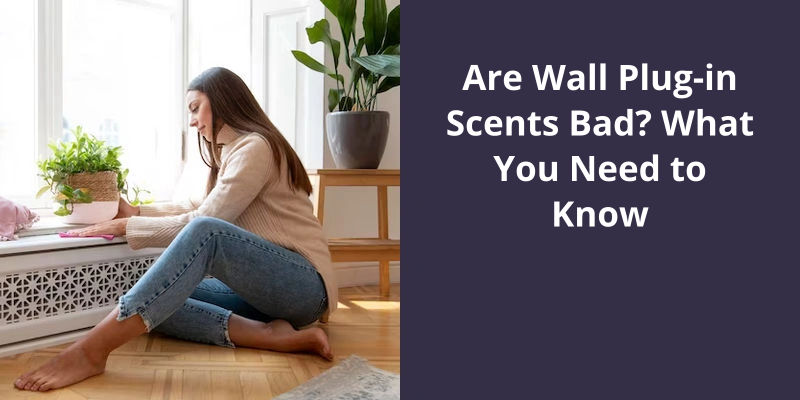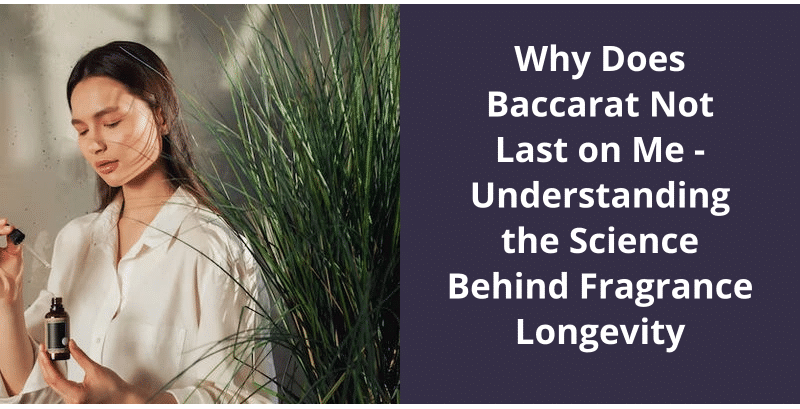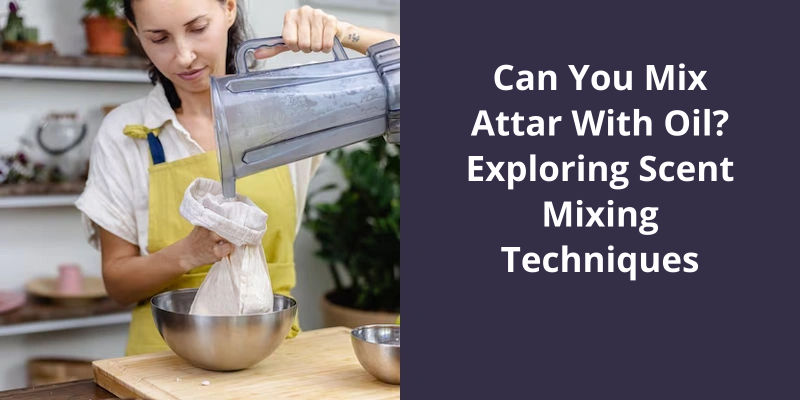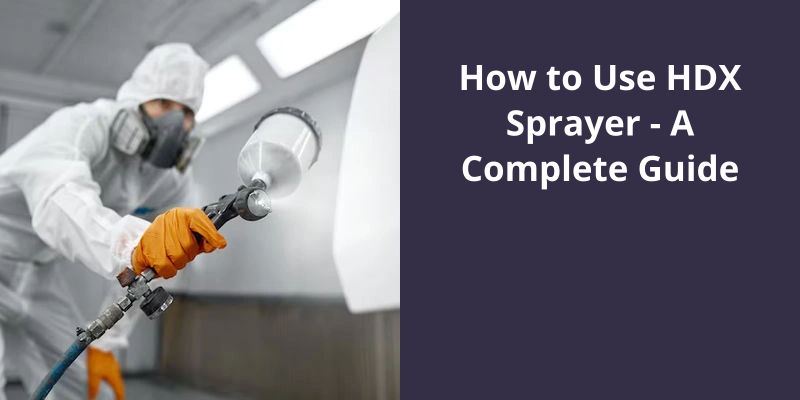Wall Plug-in scents can be viewed as harmful depending on the specific components they contain. While these devices emit fragrances that make your home smell good, they can sometimes release volatile organic compounds (VOCs) which can lead to health issues like headaches, dizziness, or allergy symptoms. As much as possible, always go for plug-in scents that are made with natural oils and avoid synthetic fragrances. Balanced and mindful use, good ventilation, and opting for varieties that carry less risk can also limit potential harm.

Are Wall Plug-Ins Bad for Pets?
Are wall plug-ins bad for pets? Essential oil diffusers or plug-ins can be toxic to your pet and even cause illnesses such as seizures or in extreme cases can even result in your dog or cat dying. These oils are most commonly found for use in diffusers or wall plug-ins.
Pet owners need to be aware of the potential dangers these products can pose to their furry friends. Many essential oils, such as lavender, peppermint, and eucalyptus, can be harmful to pets if ingested or if they come into contact with their skin. While humans can metabolize and tolerate these oils, pets have a much smaller liver and weak detoxification mechanisms, making them more susceptible to the toxic effects.
In addition, the scent from these plug-ins can be overwhelming for pets, causing respiratory issues and even allergic reactions. Cats, in particular, are sensitive to certain compounds found in essential oils, which can lead to severe respiratory distress and difficulty breathing. It’s important to carefully consider the potential risks before using these products in your home.
The toxic components in these oils can lead to serious health complications, including seizures and death. Consider alternative methods for creating a pleasant scent in your home that are safe for pets, such as natural air fresheners or pet-friendly candles.
Reports of adverse reactions to wall scents among cats and dogs have raised concerns about the safety of these aromatic products. Numerous pet owners have observed that wall scents, such as the popular Wallflower, can trigger severe reactions in their pets, particularly cats and birds. These reactions often manifest in constant vomiting, leading owners to promptly remove the offending scent from their homes.
Are Wall Scents Safe for Cats?
Are wall scents safe for cats? This question has been a cause for concern among pet owners, as many have reported adverse reactions in their animals when using wall plug-in scents. Specifically, the toxins produced by these scents have been found to be particularly harmful to cats and birds. One of the most common complaints is that these pets would constantly vomit until the wall scents were removed from their vicinity.
Additionally, cats have a tendency to groom themselves by licking their fur, which can further contribute to the exposure and ingestion of any harmful substances present in the air. Birds, on the other hand, have highly sensitive respiratory systems and can easily be affected by airborne toxins.
There are several options available, such as using essential oils diluted with water and sprayed in a well-ventilated area or using aroma diffusers that don’t release any harmful substances. It’s also beneficial to regularly monitor your pets for any signs of discomfort or illness when using such products and to consult a veterinarian if any issues arise.
The toxins produced by these scents can lead to adverse reactions, including constant vomiting. Pet owners should prioritize the safety of their animals by choosing natural and pet-friendly alternatives and keeping a close eye on their pets for any signs of discomfort. Taking these precautions will help ensure a safe and pleasant environment for both pets and humans alike.
Alternative Scents and Fragrances Safe for Cats
Many wall plug-in scents and fragrances contain chemicals that can be harmful to cats. These chemicals are often released into the air through the plugin or diffuser, and when inhaled or ingested by cats, they can cause respiratory issues, allergic reactions, and even toxicity.
If you’re concerned about the safety of your cat, there are alternative scents and fragrances that you can use in your home. Natural options, such as essential oils derived from cat-safe plants like lavender, chamomile, or catnip, are generally considered safe when used correctly and in moderation.
However, it’s important to note that even natural scents can still be irritating or overwhelming to some cats. It’s essential to introduce any new scent gradually and monitor your cat’s behavior and well-being closely. If you notice any signs of distress or unusual symptoms, discontinue use immediately.
In conclusion, wall plug-in scents can be harmful to cats due to the chemicals they release. It’s best to opt for natural alternatives and introduce new scents cautiously to ensure the safety and well-being of your feline companion.
It’s essential to prioritize your baby’s health and well-being, especially when it comes to their delicate respiratory system. That’s why experts recommend steering clear of fragrant products, such as wall fragrance plug-ins, in your infant’s nursery or sleeping area. As their lungs continue to develop, it’s important to minimize their exposure to aerosol irritants that may not offer any meaningful benefits.
Are Wall Fragrance Plug Ins Safe for Babies?
Are wall fragrance plug-ins safe for babies? This is a question that many parents ask, and the answer isn’t as straightforward as it may seem. It’s generally advised to avoid the use of fragrant products inside your newborns nursery or sleeping environment. Their lungs are still developing, and exposure to aerosol irritants won’t provide any benefit. In fact, it could potentially harm their delicate respiratory system.
Some studies have shown that exposure to certain fragrances can trigger allergic reactions, respiratory problems, and even exacerbate existing health conditions such as asthma. These risks are amplified in babies, whose immune systems are still developing and may not be able to handle the potential toxins in these products.
In addition to the potential risks of inhaling fragrance chemicals, there’s also the concern of accidental ingestion. This could lead to poisoning or other health complications.
Instead, opt for natural air freshening methods such as opening windows for fresh air, using non-toxic houseplants, or using baking soda to absorb odors. These alternatives are safer for your baby and still effective at keeping your nursery smelling fresh.
Conclusion
Rather than addressing the underlying causes of odors, these scents simply mask them, leaving us exposed to a continuous stream of synthetic chemicals. To ensure a safe and healthy environment, it’s advisable to explore natural alternatives or adopt methods that focus on neutralizing odors rather than relying on potentially hazardous air fresheners.





